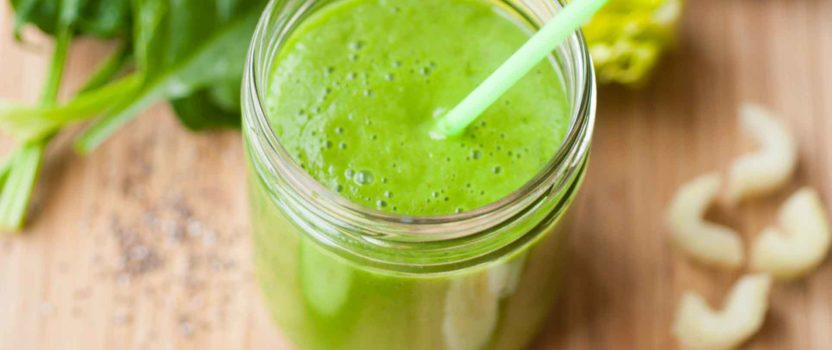Hangover Help
Obviously, the best way to avoid a nasty hangover is simply not to drink too much in the first place. However, this little piece of advice isn’t much good the morning after one of those nights when we’ve let ourselves become carried away by what seemed an excellent idea at the time. Most of us know what a hangover feels like, but what exactly causes these unpleasant symptoms?
What causes a hangover?
- Our liver converts alcohol into acetaldehyde (many times more toxic that alcohol itself) and then into the lesser-toxic acetate. This is just fine if we don’t overwhelm our liver’s capacity to keep up – by drinking too much, too quickly. Nausea, vomiting and sweating are classic signs of alcohol toxicity.
- Alcohol has a dehydrating effect on our body because it inhibits an anti-diuretic hormone in our kidneys – so we urinate more often. This causes dizziness, headaches and intense thirst (not to mention dry skin and wrinkles if it becomes a habit).
- We sleep badly, which only adds to the misery. While alcohol can be a powerful sleep inducer (sometimes to the point of passing out), it also interferes with our rapid eye movement (REM), or deep sleep phase – meaning we wake up feeling tired and irritable.
- Drinking has a major impact on our blood sugar levels – after all, alcohol is basically sugar. This can result severe imbalances that leave us feeling shaky, moody and weak.
- Alcohol causes the blood vessels in our brain to dilate – allowing blood to rush through and promoting throbbing headaches.
- Certain substances produced during the fermentation process – called congeners – make the situation worse. This is especially true for darker alcohols like red wine, beer and whiskey.
Hangover “cures”?
A typical hangover normally lasts 24 hours and that can seem a long time when suffering its’ uncomfortable effects. No wonder the Internet is full of remedies and anecdotal advice – never mind that no studies have ever found any convincing evidence that anything works. A recent study that found that drinking coffee protects the liver (of heavy drinkers) was used to reinforce coffee’s reputation as everyone’s favourite day after cure. Tempting perhaps, but the fact remains that coffee can make a queasy stomach worse, increases dehydration AND requires additional detoxification by an already overworked liver. Combining painkillers with coffee might bring temporary relief, but keep in mind that aspirin can irritate a delicate stomach and Paracetamol and Tylenol are toxic to the liver. A hair of the dog in the form of a Bloody Mary or a beer only prolongs the pain.
My advice as a Nutritionist?
The bottom line is that we’re back to water again. Sip plenty of pure water all day to flush out toxins and rehydrate.
Whip yourself up something healthy that will replace all the electrolytes and nutrients lost when processing alcohol. A plate of fresh fruit is always a good choice. Even better try this Green Goodness Smoothie with ginger to reduce inflammation!
GREEN GOODNESS SMOOTHIE
Ingredients
- ¼ inch fresh ginger (no need to remove the skin)
- Half an apple (skin too – better if organic)
- I cup fresh kale or baby spinach (a couple of blocks of frozen organic spinach work well too)
- 1 kiwi (peeled)
- ¼ avocado (peeled)
Instructions
Blend all ingredients together until you achieve the desired consistency.
Lastly
Get off the couch and go for a walk in the fresh air – or jog if you’re up to it. Exercise helps metabolize and eliminate toxins – and takes your mind off it.
Be patient and let things run their course. It won’t last forever!


Leave a Reply
Your email is safe with us.
You must be logged in to post a comment.